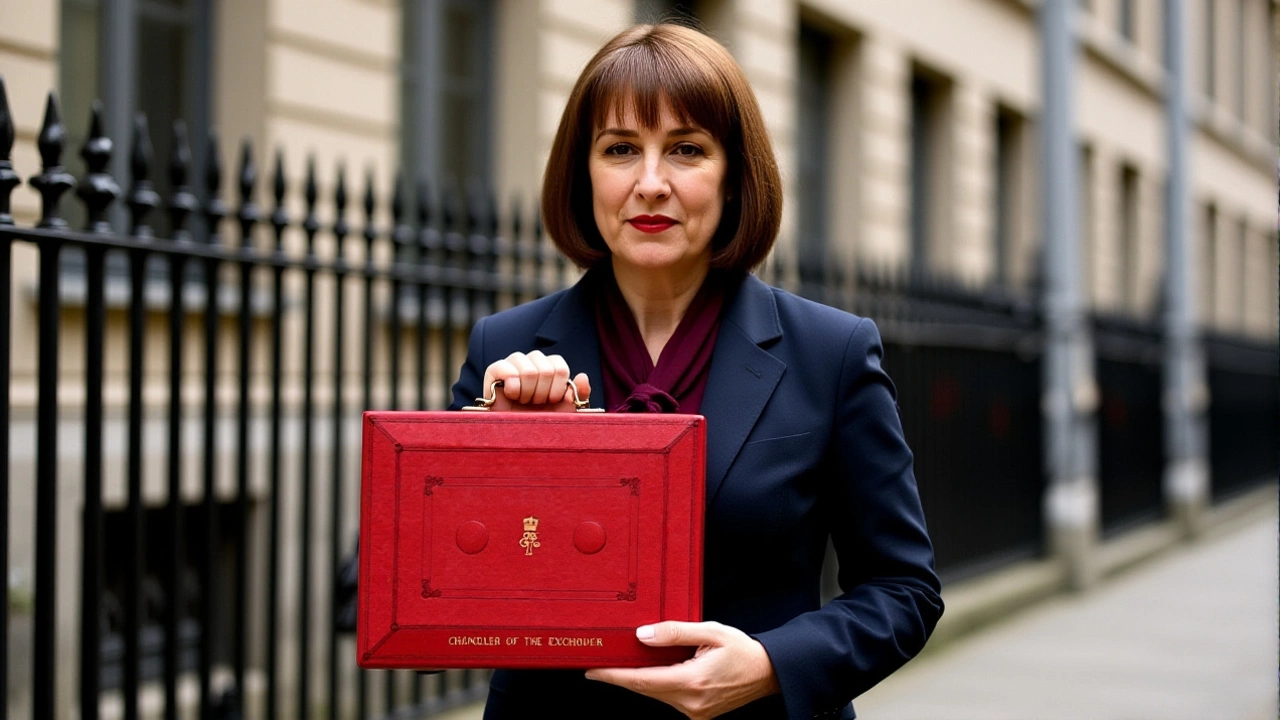United Kingdom – Your Guide to Politics, Sports, Nobility and Motorsport
When talking about United Kingdom, the sovereign state comprising England, Scotland, Wales and Northern Ireland, known for its global cultural and economic influence. Also called UK, it serves as a backdrop for everything from parliamentary debates to iconic racing tracks.
The British politics, the system of government centered on the Westminster Parliament and its parties shapes the national conversation on immigration, economic policy and regional autonomy. This political framework directly affects the funding and regulation of British sports, organized competitions like football, cricket and motorsport that reflect the country’s identity. A robust political climate can boost stadium projects, while controversy can stall them, as seen in the debate over rotating Test venues in Ahmedabad—a topic that mirrors the UK’s own discussions about permanent sports hubs.
Beyond the pitch and the Parliament, the British nobility, hereditary titles such as dukes and earls that date back centuries adds a layer of historical intrigue. These titles still appear in modern media, influencing cultural narratives and even diplomatic ceremonies. Their presence underscores a unique blend of tradition and modernity that many UK‑based articles, like the one on dukes and earls, explore.
Then there’s motorsport, the high‑speed arena where the UK’s engineering talent meets fierce competition. From Formula 1 teams headquartered in Silverstone to grassroots racing clubs, motorsport is a showcase of innovation and skill. Discussions about whether motorsport belongs in the Olympics or how low centre of gravity improves racing car performance connect directly to this sector’s technical depth.
How These Themes Interact
United Kingdom encompasses British politics, British sports, British nobility, and motorsport. British politics influences funding for sports facilities, which in turn fuels national pride displayed on the football field or the racing circuit. British nobility often patronises prestigious events, giving them historic gravitas. Motorsports rely on political stability for regulations and on sports culture for fan engagement. Each element forms a chain: policy shapes infrastructure, infrastructure supports competition, competition celebrates heritage, and heritage reinforces identity.
Readers will find articles that dive into each of these connections. A piece on Arsenal’s Carabao Cup win illustrates how club depth reflects broader football culture. Another on Reform UK’s seat‑contesting ambitions shows the political pulse. The story about low centre of gravity in race cars links engineering principles to the UK’s racing legacy. Meanwhile, the exploration of dukes and earls offers a glimpse into the lingering aristocratic influence.
By understanding how the United Kingdom’s political decisions affect sports funding, how historic titles still play roles in contemporary events, and how motorsport technology pushes boundaries, you’ll get a fuller picture of the country’s dynamic landscape. The upcoming list of posts pulls together these strands, giving you practical examples, current debates, and a taste of everyday British life.
Now that the scene is set, scroll down to discover the latest discussions on British politics, sports triumphs, noble traditions, and the roar of motorsport engines—all filtered through the lens of the United Kingdom.

